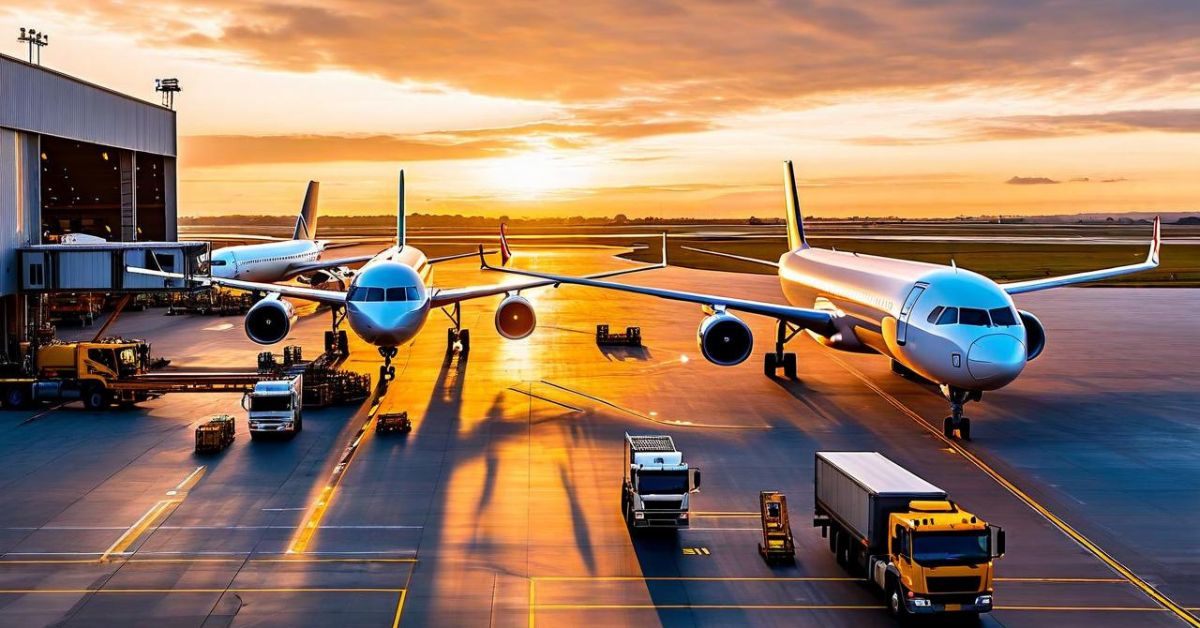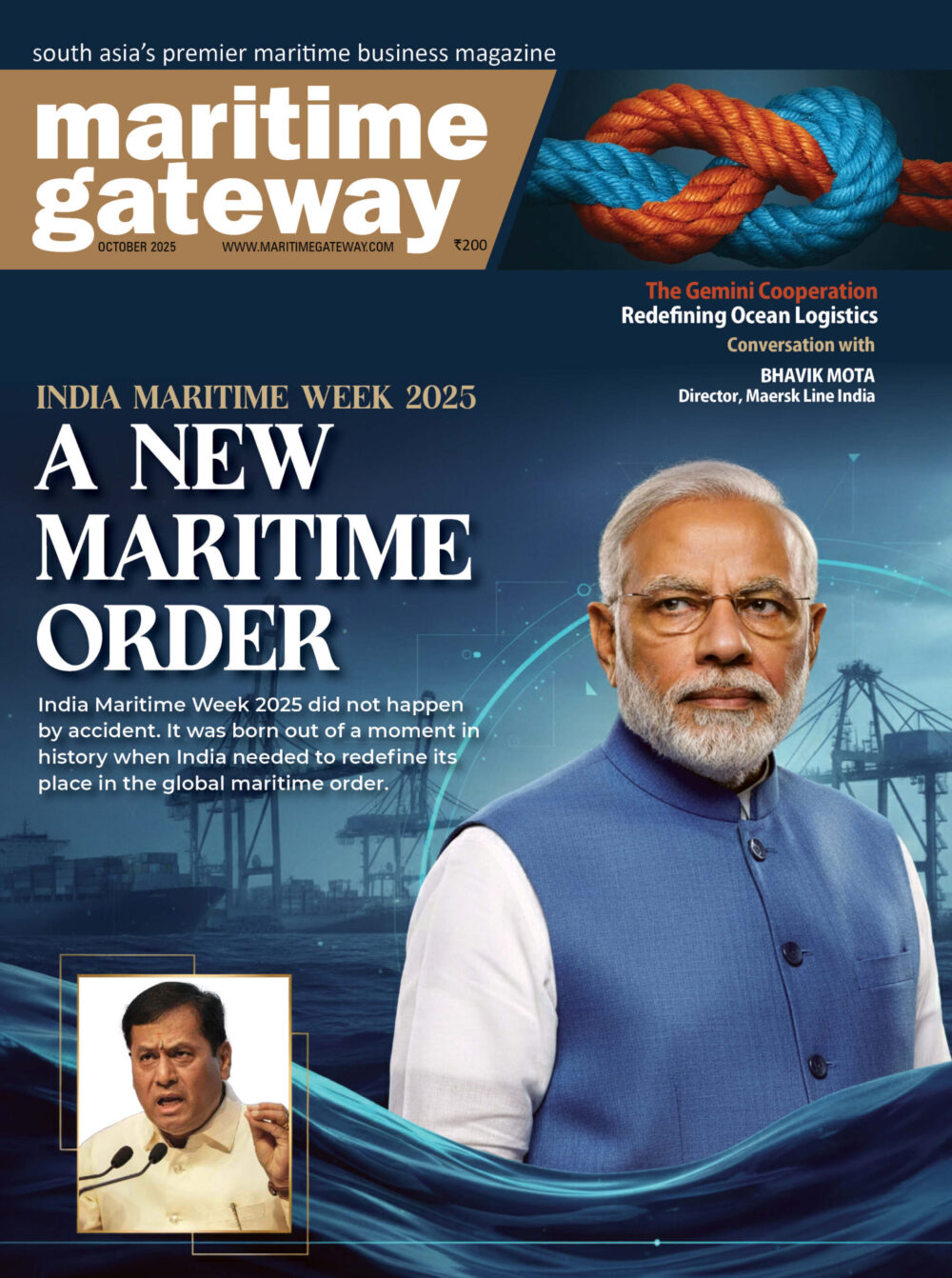Global airlines are expected to absorb over $11 billion in additional costs this year due to ongoing supply chain disruptions, according to a new report from the International Air Transport Association (IATA) and consulting firm Oliver Wyman. The study marks the first comprehensive attempt to quantify the financial fallout from a five-year crisis that has strained the aviation industry, inflated airfares, and forced carriers to ground or delay flights.
The report attributes the largest share of the impact—about $4.2 billion—to higher fuel costs, as airlines are forced to operate older, less efficient aircraft longer than planned. An additional $3.1 billion stems from increased maintenance expenses, while leasing spare engines due to repair backlogs is expected to add $2.6 billion. Airlines are also tying up another $1.4 billion in inventory, holding more spare parts to hedge against supply delays.
Aerospace manufacturers and suppliers continue to battle severe bottlenecks, from shortages of skilled labor and materials to congestion at engine overhaul facilities. These pressures have been intensified by growing demand from the defense sector, as governments expand military spending.
The report also criticized the imbalance in profit margins across the aviation value chain. Airlines’ operating margins are forecast at 6.7% this year—compared to mid-20% margins reported by some engine makers and suppliers.
Engine manufacturers, including CFM International and Rolls-Royce, have defended their margins, arguing that they reflect the substantial risks and capital investments required to develop new propulsion technologies and offer long-term service guarantees.
IATA has long advocated for greater competition in the aircraft maintenance and parts market, including better access to Parts Manufacturer Approval (PMA) components. The association previously filed a complaint with the European Commission in 2016 against CFM, later withdrawing it after the engine maker agreed to maintain open-market conditions. A similar accord was reached with Rolls-Royce in 2021.
IATA projects global airlines will spend around $120 billion on maintenance and repair in 2025—a figure expected to climb to $150 billion by 2030 as fleets expand and aging aircraft remain in service longer.









